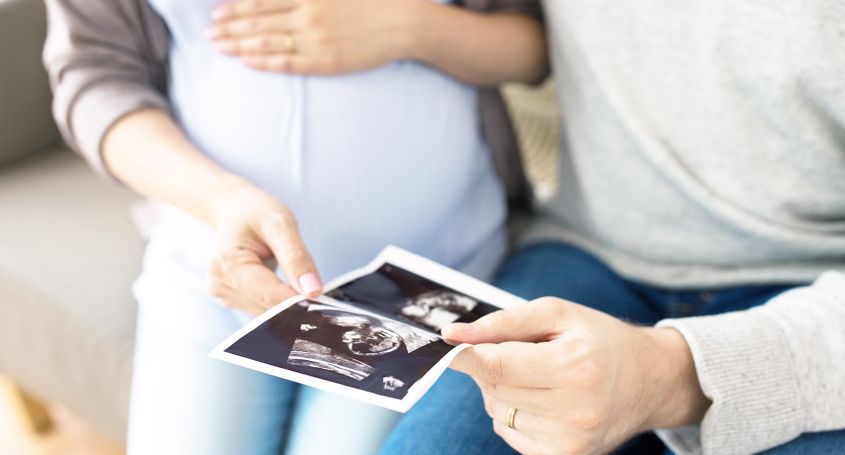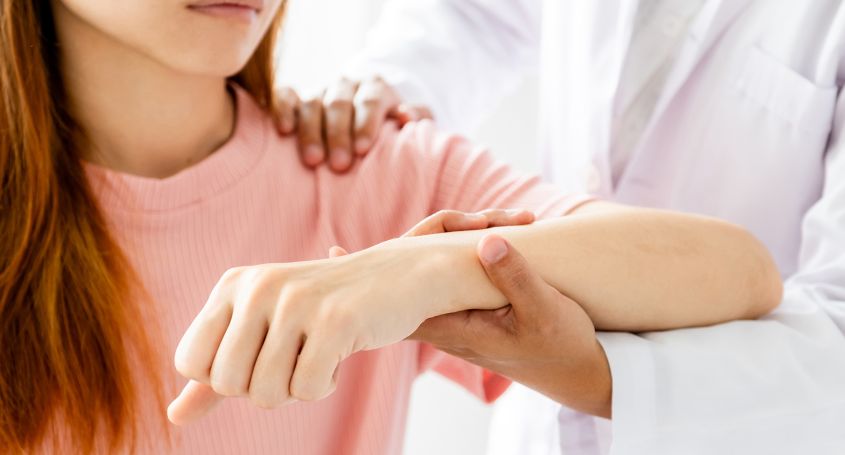Spain is the world leader in organ donation and transplantation. According to the Spanish National Transplant Organization, last year 1643 donors and 4221 transplants were registered. This success is due to several factors: adequate legislation allowing organ donation and transplantation, national transplant system with a worldwide pioneering management model and a social conscience that promotes organ donation.
Egg donation is a way of donation by which it becomes possible for many couples who can´t get pregnant with their own eggs to get pregnant thanks to donated eggs from another person. As with organ donation, Spain is also a leader in egg donation.
Egg donation is regulated in Spain by the Law on assisted reproduction , which establishes rules in order to be a safe process for both, donors and recipient couples.
Egg donors are the key in this process. For many couples it would not be possible to achieve pregnancy without them. Therefore you have to highlight their help and facilitate the whole treatment to be as easy and safe.
There are three important points to be pointed out about egg donationin Spain:
1. Egg donation is an altruistic act. In a study conducted in our center shows that the majority of donors (69%) are motivated by helping others. Likewise, a study conducted in 11 European countries on 1400 donors and presented at the last ESHRE congress (European Society of Reproduction) confirms that more than half of the egg donors donate for altruistic reasons.
2. The egg donation must be anonymous. You can get general information about the donor but never about her identity.
3. Not all women can be egg donors. They must be between 18 and 35 years and in a good mental and physical health. Before being donors, they must go through a selection process where a personal and family medical history is established (the donor signs documents that involve legal responsibilities in case they should be false. These documents certify the absence of personal and relevant genetic diseases in their immediate families), as well is performed a psychological test, physical study and a blood test to determine the blood type, genetic and serological study of major infections such as hepatitis and HIV.
The usual procedure for egg donationis:
1. Egg donor Selection: Once the donor has passed all diagnostic tests and is considered suitable for egg donation, the donor is assigned to a recipient couple. In order to ensure the greatest phonotypical similarity the physical aspect and blood groups are taken into account when doing the assignment.
2. Synchronization of egg donation cycles: establishing a treatment protocol for the synchronization of the donor´s and recipient´s cycles. This ensures that we transfer embryos shortly after the eggs were obtained from the donor. We call this a "fresh".cycle.
3. Stimulation and the donor´s egg retrieval: Before you begin the process, the donor is informed in detail about the treatment and its possible side effects. All donors must sign an informed consent form before starting a treatment. At present we can consider ovarian stimulation for egg donors is a simple and, above all, safe process. This is due to progress in the last years that allow us to use new drugs, protocols and lower drug doses that have made the risks of this treatment are nowadays next to nil . Moreover, given the worldwide experience in performing in vitro fertilization for over 30 years, it can be said that it has not been proven so far that this treatment creates complication in the patient's health in the long term.
In Catalonia the whole activity of assisted reproduction centers is registered by the Department of Health of the Generalitat (FIVCAT)
This annual public record allows increasing the control and transparency of what happens in the centers and likewise also involves the control over egg donation cycles. To adjust the number of donations that a woman can make, the Spanish Law establishes that the maximum number of children born with donor gametes in Spain should not exceed six. In Catalonia, the Ethics Committee of the Generalitat laid down in recommendation that all centers must respect, not to exceed the number of six cycles of ovarian stimulation per donor.
To conclude, Spain is a pioneering country in egg donation thanks to the social consciousness that exists on the subject, egg donation is governed by Spanish law and controlled by the health departments of the autonomous communities, and it is a safe treatment so that there are no significant risks for the donors neither during ovarian stimulation nor in the long-term.














